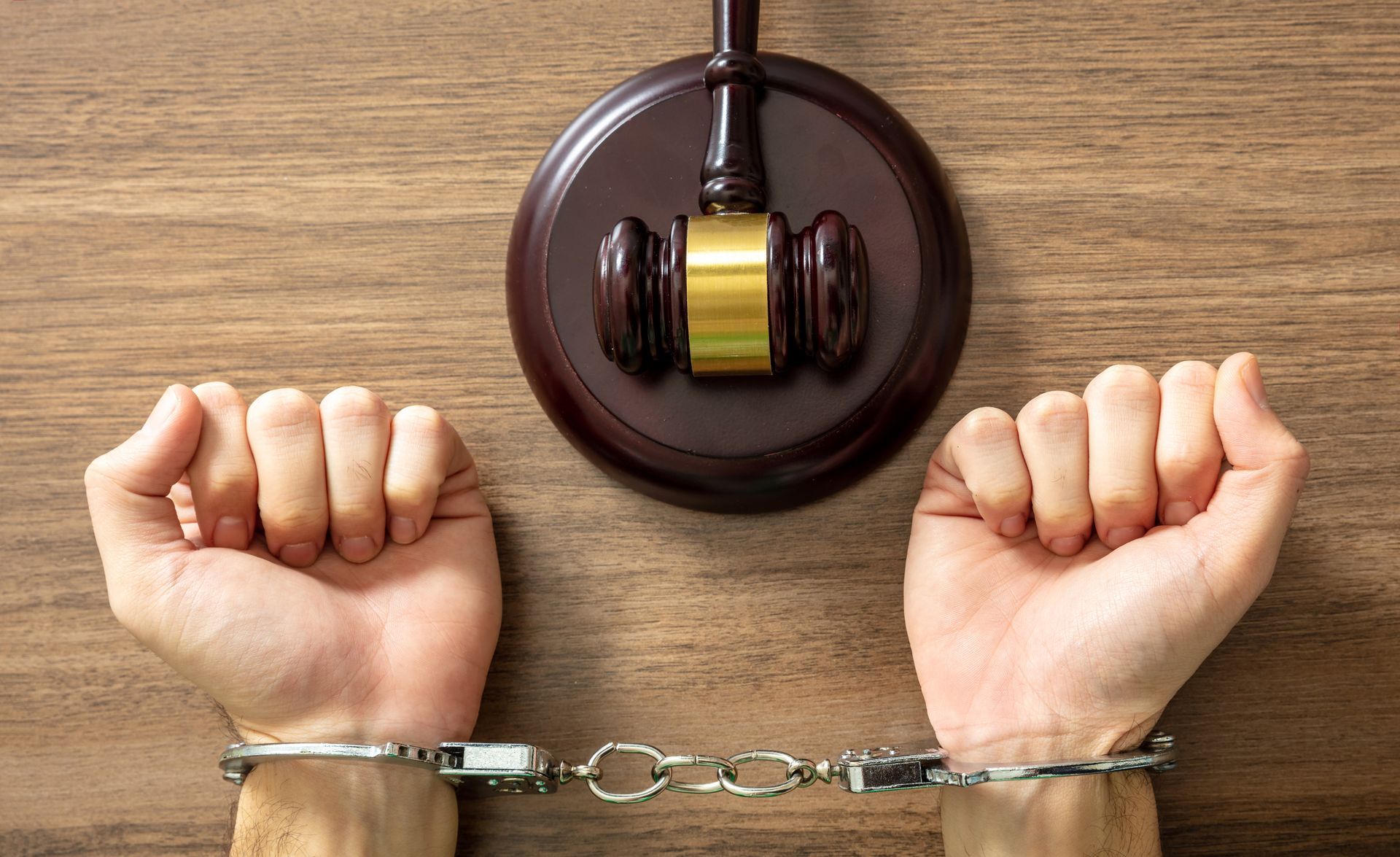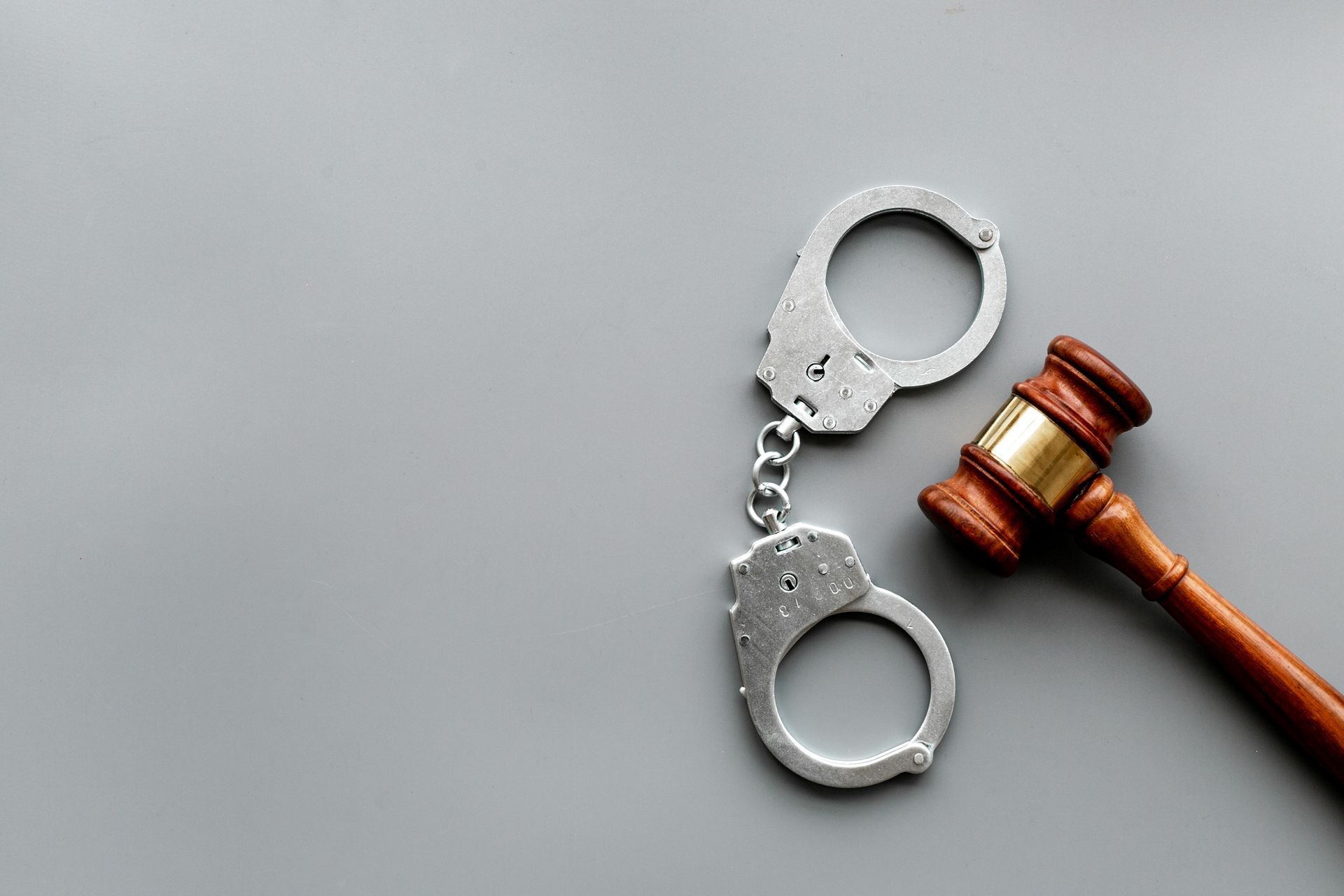How Can a DUI Attorney Help Me?
December 15, 2022
How Can a DUI Attorney Help Me?
Driving under the influence of drugs or alcohol is a crime in every state in the US. Law enforcement officers are trained to recognize the signs of impaired motorists, and every drunk or high driver can expect to be arrested if they do not pass field sobriety tests.
The police and prosecutors take DUIs very seriously. According to the CDC , there are more than 1 million DUI arrests each year, and 29 accident fatalities per day involve impaired driving. Therefore, you can typically expect to face penalties in Massachusetts if charged with a DUI.
A blood alcohol content (BAC) of 0.08% is the threshold for drunk driving. States have different rules for commercial drivers, who might be subject to a 0.04% maximum. You can also be charged with a DUI for other substances, such as cannabis or prescription medication. Though most states do not have measurements for other recreational drugs or medications, such as opiates, law enforcement officers can arrest someone unable to operate a vehicle with the normal amount of care.
In most states, the first DUI that does not result in an accident or injury is a misdemeanor. However, drivers will still face fines and a possible license suspension for three to six months. In most states, it is also possible to face jail time depending on the nature of the first offense. However, a plea bargain is also possible.
The severity of the penalties rises quickly if you are arrested for drunk driving a second time. In many states, a second offense is considered a felony. It comes with increased fines and license suspensions that could last for a year or longer. A third or fourth DUI within a 10-year period can bring additional felony charges and a higher likelihood of jail time. Drivers with multiple DUIs within a 10-year timeframe risk permanent license suspension, as well.
In many states, a 2nd or 3rd DUI within a 10-year period gets categorized as an aggravating factor.
Also, in some states, you can get a misdemeanor charge for refusing to take a breathalyzer test.
Aggravating factors make a DUI more dangerous. For example, an aggravated DUI could involve a BAC of 0.16 or higher. The penalties for this type of DUI are generally higher and may result in a felony, even for first-time offenders.
Other aggravating factors could include causing an accident with injuries or fatalities while under the influence of drugs or alcohol. In addition to an aggravated DUI, many states also have other charges, such as criminal vehicular operation or vehicular manslaughter. Conviction of these charges can result in significant jail time (5 to 10 years or more).
Finally, having minor children (age 16 or less) in the vehicle can lead to an aggravated DUI and other charges, such as child endangerment.
Many states also have zero-tolerance laws for DUIs involving drivers under the legal drinking age. Even a trace amount of alcohol can lead to a DUI in these cases.
You may think that it can be difficult to fight a DUI charge in Massachusetts. A lawyer can help you build a case and pursue the best possible outcome from your DUI charge.
In some cases, it may be possible to plea bargain, especially for first-time offenders charged with a DUI without aggravating factors. This process usually involves pleading guilty to a lesser charge to avoid a DUI conviction.
This is important for several reasons. It could help the driver avoid penalties, such as license suspension. Furthermore, if you plead to a lesser charge, a subsequent DUI conviction would be considered a first-time offense, which is a misdemeanor instead of a felony in most states.
A lawyer can assist with this process and make a plea-bargain offer to the prosecuting attorney.
Drivers charged with a DUI often face bias when it comes to a trial, and a vast majority of cases result in a conviction. A judge and jury often assume guilt based on the charge, regardless of any evidence. An attorney can help argue for mitigating factors and pursue a fairer trial. Assess Arrest Process
Law enforcement officers need to follow specific steps when conducting field sobriety tests and administering breathalyzers and other tests. Officers need to have a legitimate reason for pulling your car over in the first place, and they must follow the proper procedure at all points during arrest and booking. If they fail to use the correct process, an attorney may be able to get the case dismissed, which means you will not face any punishment and not have any crimes on your record.
Officers use breath or blood tests to check alcohol content during the arrest. The techniques and machines used for these tests are typically very accurate. However, the equipment needs to be properly maintained and the correct procedure followed closely. There is also the possibility of contamination in a bloodwork lab.
A lawyer will assess the equipment and processes used by officers. If the breathalyzer was not properly maintained, for example, your lawyer can argue to have the evidence thrown out. Since the BAC is the most important piece of evidence, not allowing it in the case could lead to a dismissal or reduced charges.
A lawyer can also argue that other factors played a role in your arrest. For example, if you were in your car but not driving at the time of the arrest, your lawyer could argue that you were attempting to sleep off the effects of the alcohol instead of driving.
You need a lawyer to represent you during a DUI case. In the US, you have the right to use the services of a public defender. However, an experienced DUI attorney will likely have a lighter caseload, more resources, and knowledge of the specific arguments and strategies that are most effective in DUI cases.
Reach out to our law firm if you need legal advice after a DUI arrest.
The police and prosecutors take DUIs very seriously. According to the CDC , there are more than 1 million DUI arrests each year, and 29 accident fatalities per day involve impaired driving. Therefore, you can typically expect to face penalties in Massachusetts if charged with a DUI.
What Is a DUI?
A blood alcohol content (BAC) of 0.08% is the threshold for drunk driving. States have different rules for commercial drivers, who might be subject to a 0.04% maximum. You can also be charged with a DUI for other substances, such as cannabis or prescription medication. Though most states do not have measurements for other recreational drugs or medications, such as opiates, law enforcement officers can arrest someone unable to operate a vehicle with the normal amount of care.
What Penalties Can You Face After a DUI?
In most states, the first DUI that does not result in an accident or injury is a misdemeanor. However, drivers will still face fines and a possible license suspension for three to six months. In most states, it is also possible to face jail time depending on the nature of the first offense. However, a plea bargain is also possible.
The severity of the penalties rises quickly if you are arrested for drunk driving a second time. In many states, a second offense is considered a felony. It comes with increased fines and license suspensions that could last for a year or longer. A third or fourth DUI within a 10-year period can bring additional felony charges and a higher likelihood of jail time. Drivers with multiple DUIs within a 10-year timeframe risk permanent license suspension, as well.
In many states, a 2nd or 3rd DUI within a 10-year period gets categorized as an aggravating factor.
Also, in some states, you can get a misdemeanor charge for refusing to take a breathalyzer test.
Aggravating Factors
Aggravating factors make a DUI more dangerous. For example, an aggravated DUI could involve a BAC of 0.16 or higher. The penalties for this type of DUI are generally higher and may result in a felony, even for first-time offenders.
Other aggravating factors could include causing an accident with injuries or fatalities while under the influence of drugs or alcohol. In addition to an aggravated DUI, many states also have other charges, such as criminal vehicular operation or vehicular manslaughter. Conviction of these charges can result in significant jail time (5 to 10 years or more).
Finally, having minor children (age 16 or less) in the vehicle can lead to an aggravated DUI and other charges, such as child endangerment.
Many states also have zero-tolerance laws for DUIs involving drivers under the legal drinking age. Even a trace amount of alcohol can lead to a DUI in these cases.
Can a Lawyer Help with a DUI Case?
You may think that it can be difficult to fight a DUI charge in Massachusetts. A lawyer can help you build a case and pursue the best possible outcome from your DUI charge.
Plea Bargain
In some cases, it may be possible to plea bargain, especially for first-time offenders charged with a DUI without aggravating factors. This process usually involves pleading guilty to a lesser charge to avoid a DUI conviction.
This is important for several reasons. It could help the driver avoid penalties, such as license suspension. Furthermore, if you plead to a lesser charge, a subsequent DUI conviction would be considered a first-time offense, which is a misdemeanor instead of a felony in most states.
A lawyer can assist with this process and make a plea-bargain offer to the prosecuting attorney.
DUI Bias
Drivers charged with a DUI often face bias when it comes to a trial, and a vast majority of cases result in a conviction. A judge and jury often assume guilt based on the charge, regardless of any evidence. An attorney can help argue for mitigating factors and pursue a fairer trial. Assess Arrest Process
Law enforcement officers need to follow specific steps when conducting field sobriety tests and administering breathalyzers and other tests. Officers need to have a legitimate reason for pulling your car over in the first place, and they must follow the proper procedure at all points during arrest and booking. If they fail to use the correct process, an attorney may be able to get the case dismissed, which means you will not face any punishment and not have any crimes on your record.
Chemical Test Flaws
Officers use breath or blood tests to check alcohol content during the arrest. The techniques and machines used for these tests are typically very accurate. However, the equipment needs to be properly maintained and the correct procedure followed closely. There is also the possibility of contamination in a bloodwork lab.
A lawyer will assess the equipment and processes used by officers. If the breathalyzer was not properly maintained, for example, your lawyer can argue to have the evidence thrown out. Since the BAC is the most important piece of evidence, not allowing it in the case could lead to a dismissal or reduced charges.
Other Mitigating Factors
A lawyer can also argue that other factors played a role in your arrest. For example, if you were in your car but not driving at the time of the arrest, your lawyer could argue that you were attempting to sleep off the effects of the alcohol instead of driving.
Do You Need an Attorney for a DUI Case?
You need a lawyer to represent you during a DUI case. In the US, you have the right to use the services of a public defender. However, an experienced DUI attorney will likely have a lighter caseload, more resources, and knowledge of the specific arguments and strategies that are most effective in DUI cases.
Reach out to our law firm if you need legal advice after a DUI arrest.

If you're facing criminal charges in East Longmeadow, MA, don't wait to take action. Learn four important reasons to speak with The Law Office Of William J. O'Neil about your case today. Flat fee pricing, free consultations, and flexible availability make it easier than ever to take that first step.

Learn the key differences between drug possession and intent to distribute charges in East Longmeadow, MA. Explore how the amount of drugs and other factors can impact your case and potential legal consequences. If you’re facing drug charges, The Law Office of William J. O’Neil is here to assist you in navigating your legal options.









